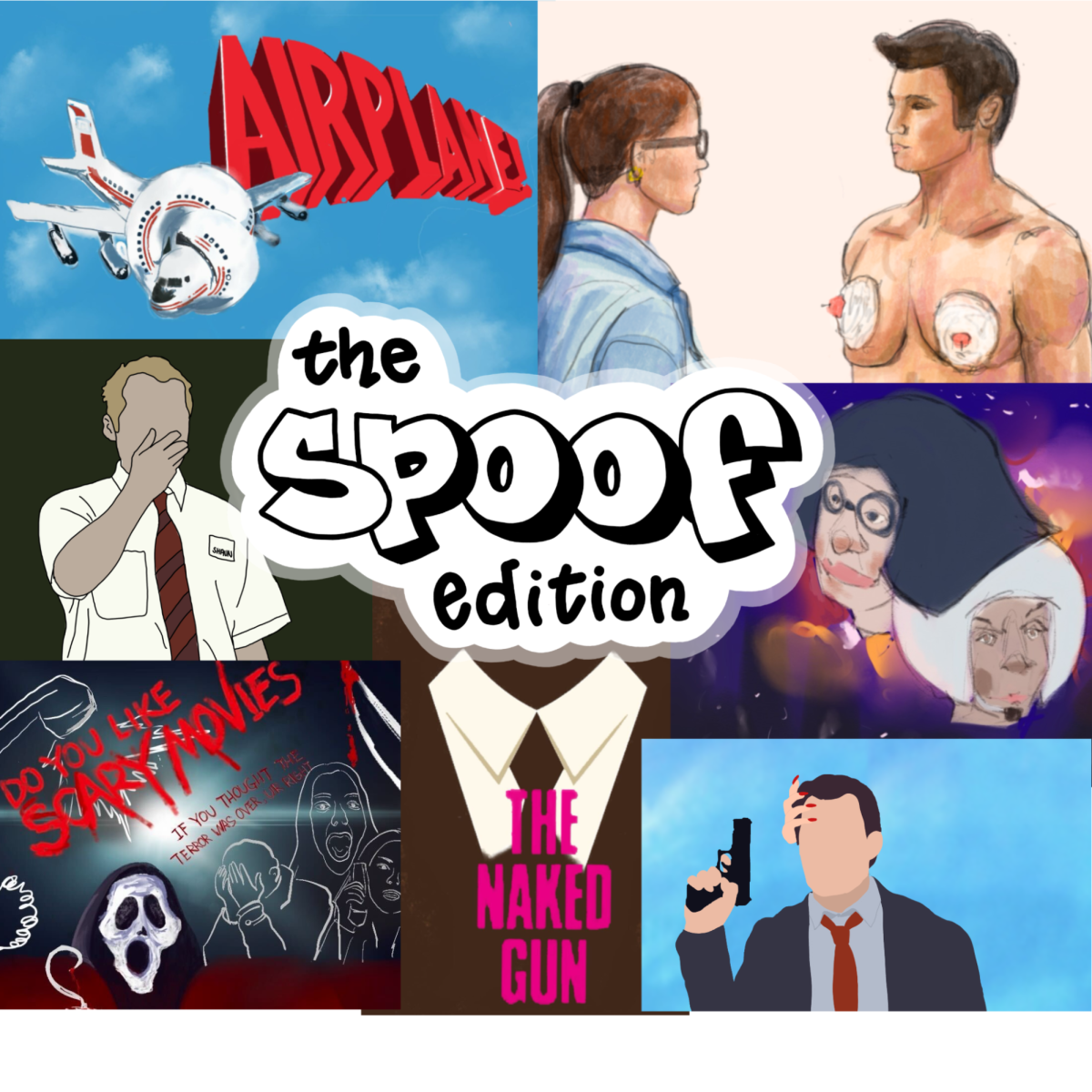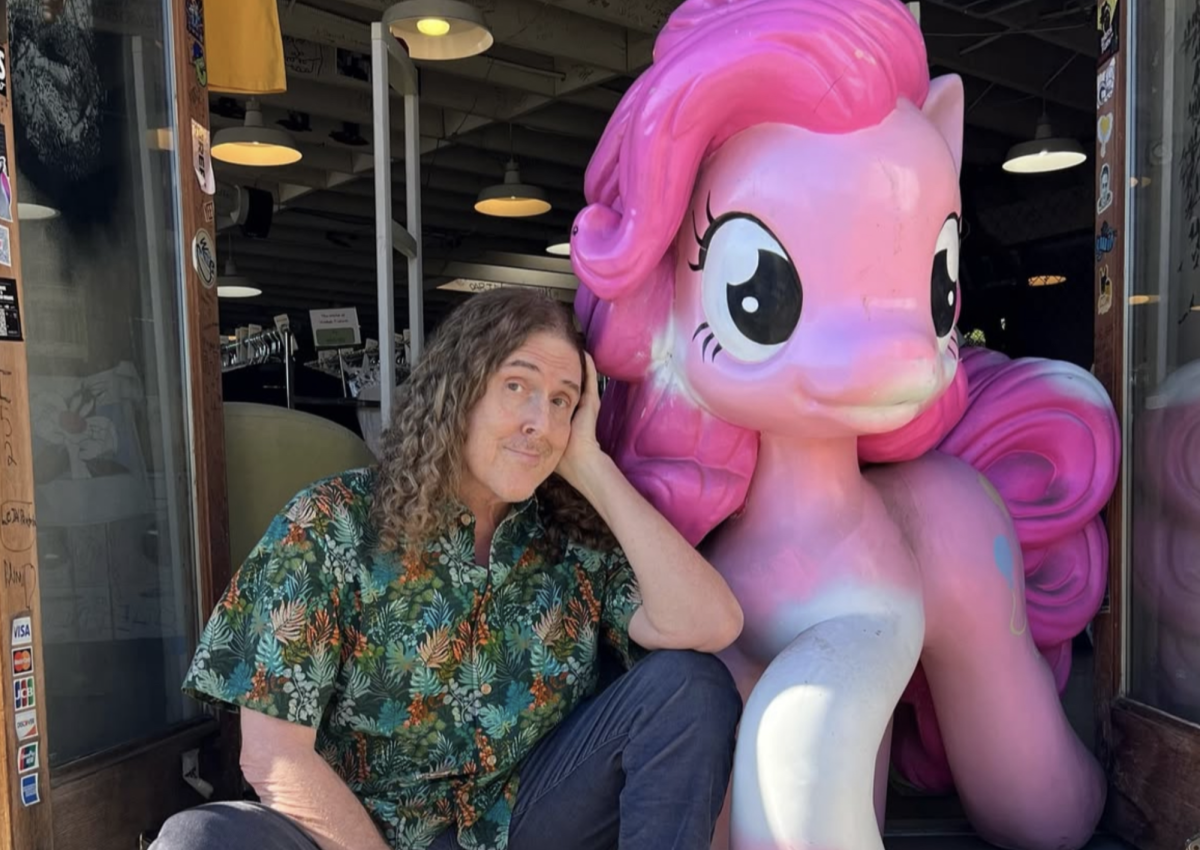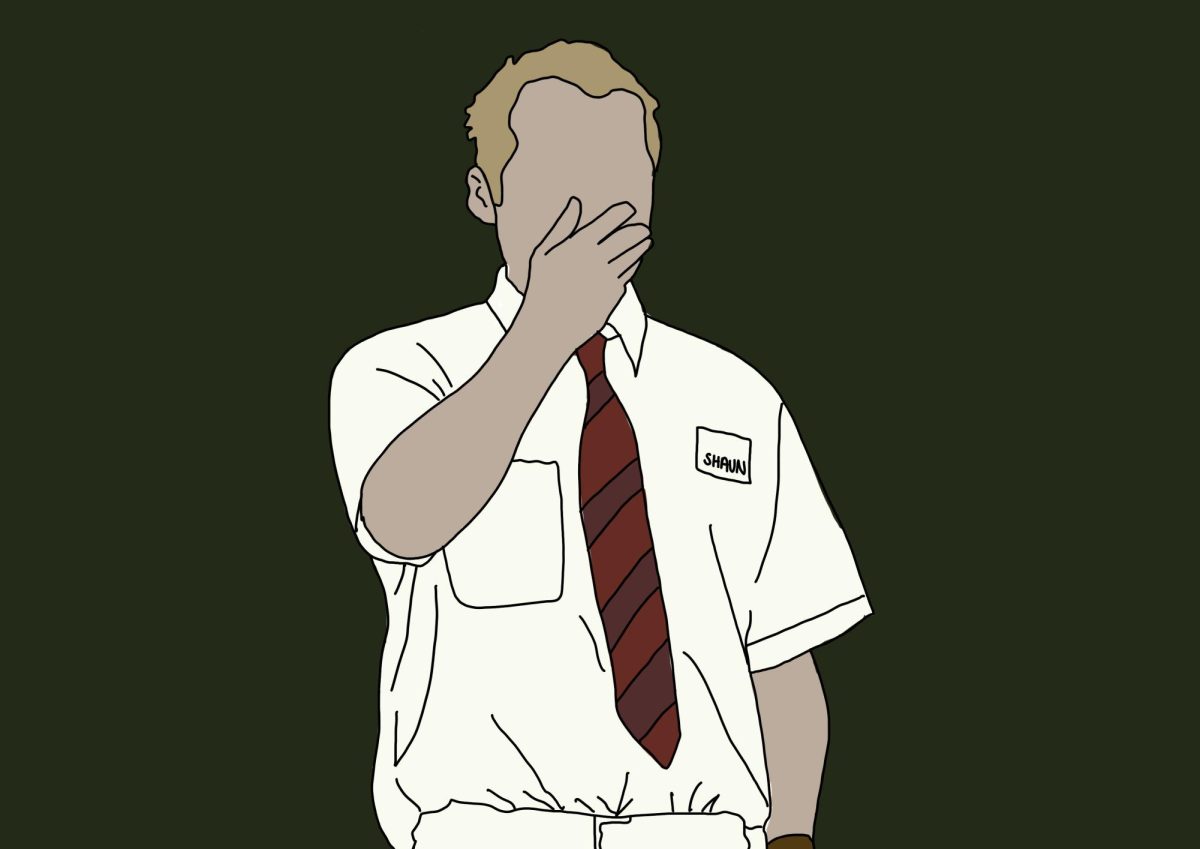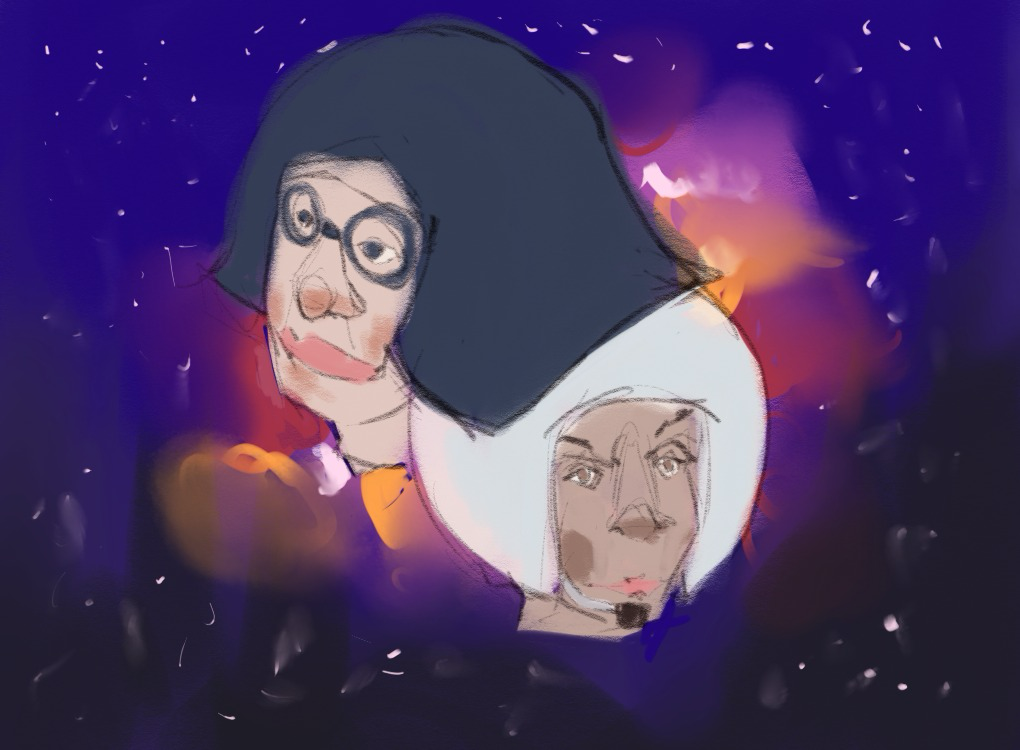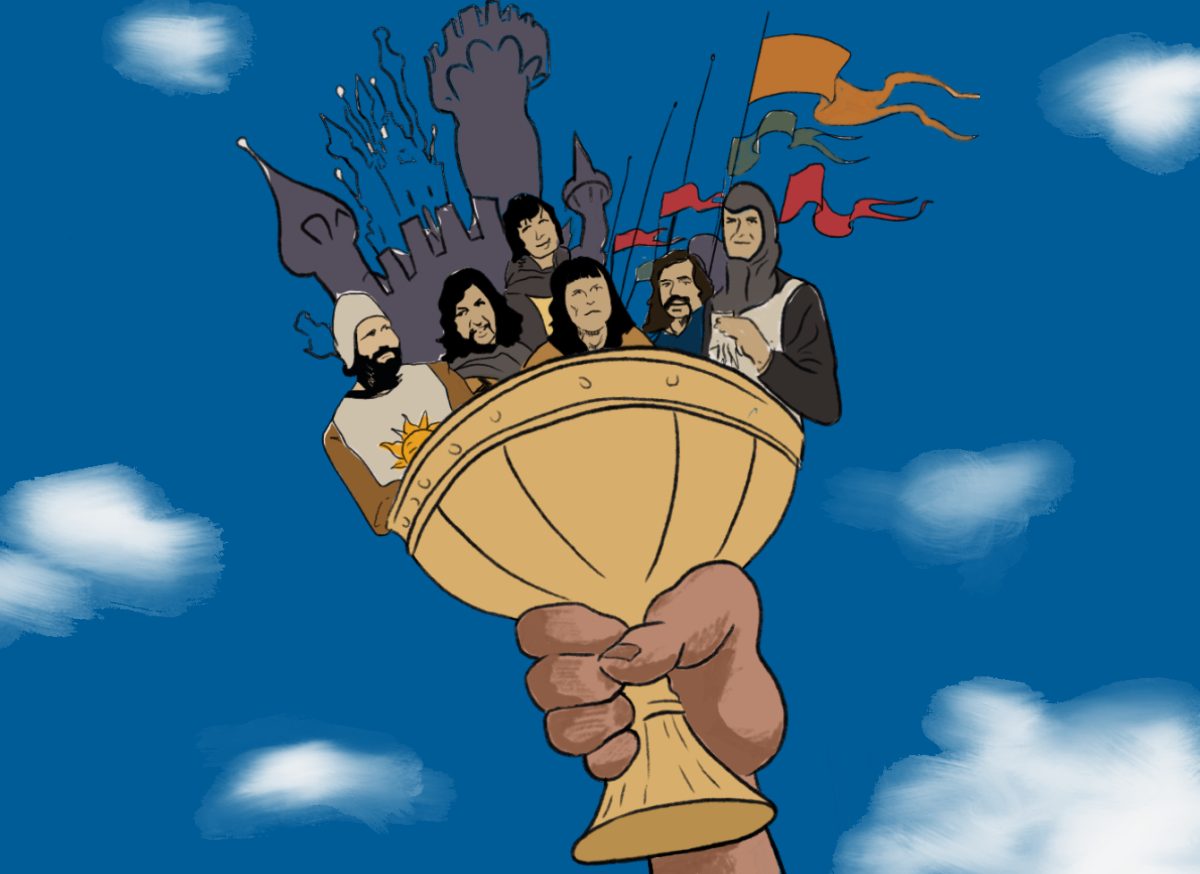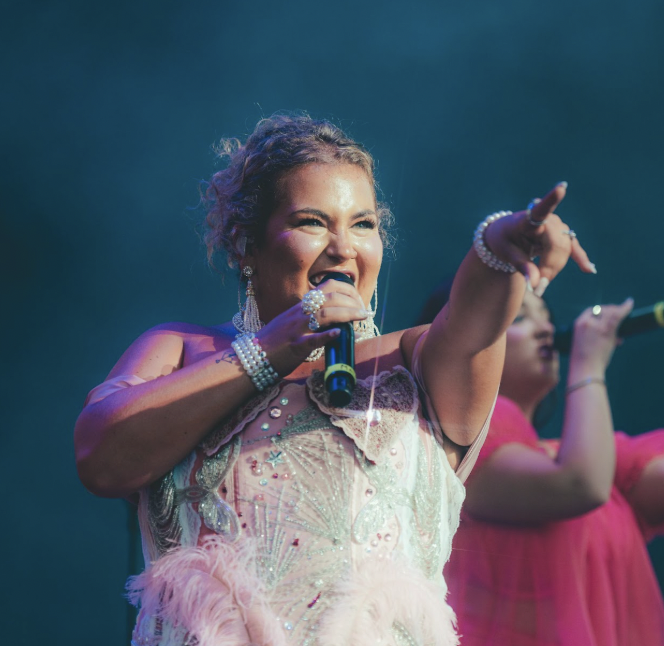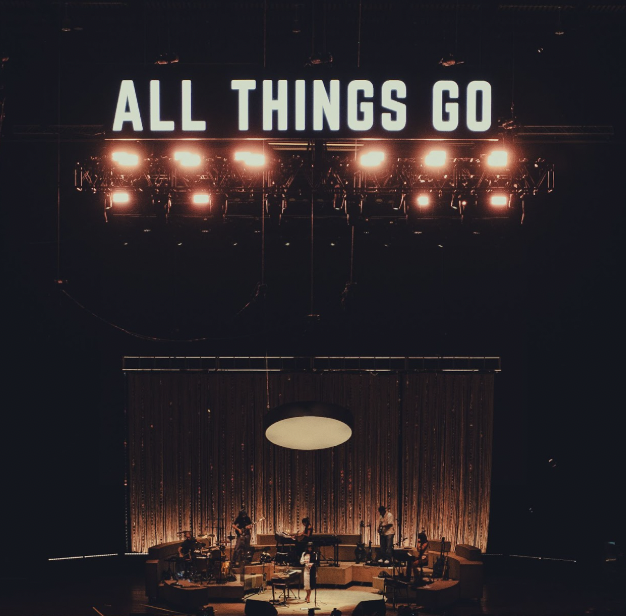The internet has forever changed my use of the English language.
It’s hard to pinpoint the exact moment I knew my sentences were not normal, but I started to notice a pattern: People had no clue what I was talking about at any given moment.
For example, my use of the term “oomf,” or “one of my friends,” pronounced “ooh-mmm-phf”, has recently skyrocketed in normal conversations. The word started online to mean “one of my followers,” but it has since come to resemble more closely the word “pookie” or “bestie,” the internet versions of “best friend.”
Here are some uses in context: “That’s oomf over there,” or “I went to oomf’s house yesterday” or “What are my oomfs up to today?”
Surely, this challenges the standard conventions of the English language. I have synthesized this information into my brain without a hitch despite it following no discernible rules of proper grammar — and ignoring the common conventions of plural and singular. The internet has taught me its use through blunt exposure, and my brain has filled in the gaps.
Some of my friends — the ones chronically online — know exactly what I mean. We send each other absolute gibberish: “Body so tea it created a gap in the literature and dipped into the mother fjord” (that doesn’t need a second explanation). “She’s on fraud watch today” makes sense to me, and don’t get me started on the “Khia Asylum,” or “stealing someone’s nachos.” For others, it takes several weeks before they say, “Clayton, I’ve been too afraid to ask: What does that even mean?”
In full transparency, I laugh while writing this column. The topic seems on the surface deeply unserious, and I feel like a juvenile writing this text, but my use of chronically online language in real-life conversations has exposed the ways in which I seek connection with others and the world around me.
The creation of this subset of the English language needs no investigation. Most of these terms originated on X, formerly Twitter, where the 140- and then 280-character limit forced people to get creative about how they could craft sentences economically. These phrases have packed entire sociological concepts into one or two words to fit the character limit — a genuinely astonishing feat for anyone, much less a bunch of young people online.
The English language is constantly being reinvented, and the internet has led to one of the biggest evolutions in its history. Old English does not sound like early American English, early American English does not sound like modern English and modern English certainly will not sound like whatever we come up with in the next couple hundred years if the pattern of history holds.
On a micro level, new words playfully emerging into the cultural lexicon is not a new phenomenon. Authors make up phrases all the time that stick: Shakespeare invented hundreds of new words in his plays; “A Clockwork Orange” by Anthony Burgess is practically built on invented social terms; and “Frindle” by Andrew Clements champions the idea of making up fake words in defiance of existing social structures, a lesson that must have stuck for precious children like myself reading the novel in elementary school.
Even within the language of the chronically online, there are different layers of usage. The queer community and music community use these words differently, but there is an intersection of these circles that have birthed their own words, much like any type of language. Humans are creatures desperate for connection, and these invented words help us feel like a part of a group larger than ourselves.
Maybe using these niche words feels so awkward because they’re still relatively new and have yet to emerge into the common lexicon. I’m sure the first people to use the infamous “LOL” in a real-life conversation felt weird about it — but now, I bet that everyone under the age of 45 has used it in a conversation at least once. It’s a word that just exists in our collective consciousness, a diffusion of language from one place to another.
The echo chamber of social media leads me to believe that our whole generation knows these words. I feel this is particularly true at Georgetown University, where it seems that most people are online in some capacity. But it turns out I’m living in a world divorced from reality: I believe everyone must have encountered these phrases as young people raised on the internet, but that’s not true.
As a frequent code-switcher, this new language adds another aspect to my vocabulary which I have to change in certain social settings. Being from Arkansas, I try to hide any traces of a Southern accent in the East. It still comes out when I’m upset — I’ll draw out my vowels — but I feel that it alienates me in a room of people from Connecticut, Maryland and Massachusetts. I only let it come out with people that I trust. Now, I have four modes of operation: Southern and Online, Southern but not Online, Eastern and Online and Eastern but not Online.
In short, it’s exhausting. I use the language of the chronically online because it makes me feel comfortable and a part of a community, yet I have been playing so many different roles that I don’t know where to draw the line. I love laughing at the in-jokes, but my social identity feels all over the place. It’s a dichotomy that I will wrestle with for a long time. Language use cannot be changed overnight.
I cannot predict the grand trajectory of what online words will and will not enter the English canon, but it’s beautiful that most of these words are not in any dictionary, yet hundreds of thousands of people know what they mean without further explanation. For all its troubles, I’m unashamed of being a part of an elusive society of language.


